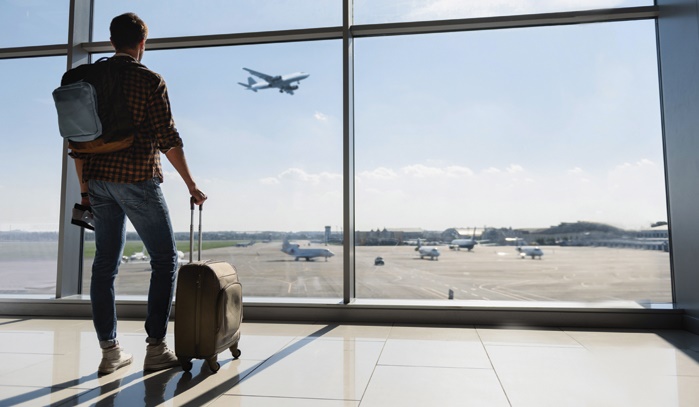
Muscat: Passengers flying to the Sultanate of Oman have been reminded of the pre-boarding procedures they are required to follow, as part of precautions taken against COVID-19.
The Civil Aviation Authority issued the procedures after Covaxin was named an approved vaccine approved in the Sultanate.
“All arrivals to the Sultanate, before boarding the plane, are obligated to present a vaccine certificate, inclusive of verification (QR) codes,” said the advisory.
There are nine COVID vaccines approved in Oman: Pfizer/BioNTech, the Covishield and Oxford variants of the AstraZeneca jab, Sputnik, Sinovac, Moderna, Sinopharm, and Covaxin, as well as the single-shot Janssen vaccine.
All travellers to Oman must have received their last vaccine dose at least two weeks prior to their expected arrival time in Oman. A negative PCR test is also mandatory for all passengers arriving in Oman. The test, however, can be taken either before boarding the flight, or on arrival. Those who do present a negative PCR test taken from an approved laboratory, before travelling to Oman, are exempt from quarantine, provided the test features a QR code.
For long flights of a duration more than eight hours, tests must be taken at least 96 hours prior to the scheduled time of arrival in Oman, while passengers boarding shorter flights must take their PCR tests at least 72 hours prior to arrival. This duration includes stopovers in other airports.
However, passengers who wish to take a PCR test on arrival in Oman must enter mandatory quarantine, and wear a tracking bracelet until their tests come back negative.
“In the event that a positive examination result appears, the traveller is subject to mandatory health isolation for 10 days from the date of the examination,” stated the CAA. “Travellers whose examination results appear positive shall be excluded from quarantine, if they submit evidence that they have recovered from the disease.”
This must also include proof of “completion of the period of health isolation prescribed in the country in which they were infecprior to their arrival in Oman,” added the government body.
Arrival passengers aged 18 and under, as well as patients who have illnesses that prevent them from receiving the vaccine are exempt from RT PCR tests. In the latter case, patients need to show a medical certificate that confirms their condition.
Before boarding the plane, all passengers must complete pre-registration via the eMushrif platform on www.covid19.emushrif.gov.om. Passengers that choose to take PCR tests beforehand must upload their vaccine certificates, as well as the COVID-19 PCR certificates, both containing QR codes.
Passengers who plan to take tests on arrival must pay the prescribed fee online, while registering, before boarding the aircraft.
“Arriving passengers will have international health insurance covering the cost of COVID-19 treatment for a period of at least one month,” added the CAA, although this is exempted for Omani nationals. “Omani citizens and their families, and non-Omanis working in Oman in the public or private sector, and those with valid residency, but are not vaccinated, are allowed to return to Oman and are subject to the health requirements issued before September 1, 2021,” the organisation added.
Diplomats working in accredited diplomatic missions, and diplomatic visitors to the country, are exempt from the PCR tests and eMushrif registration.